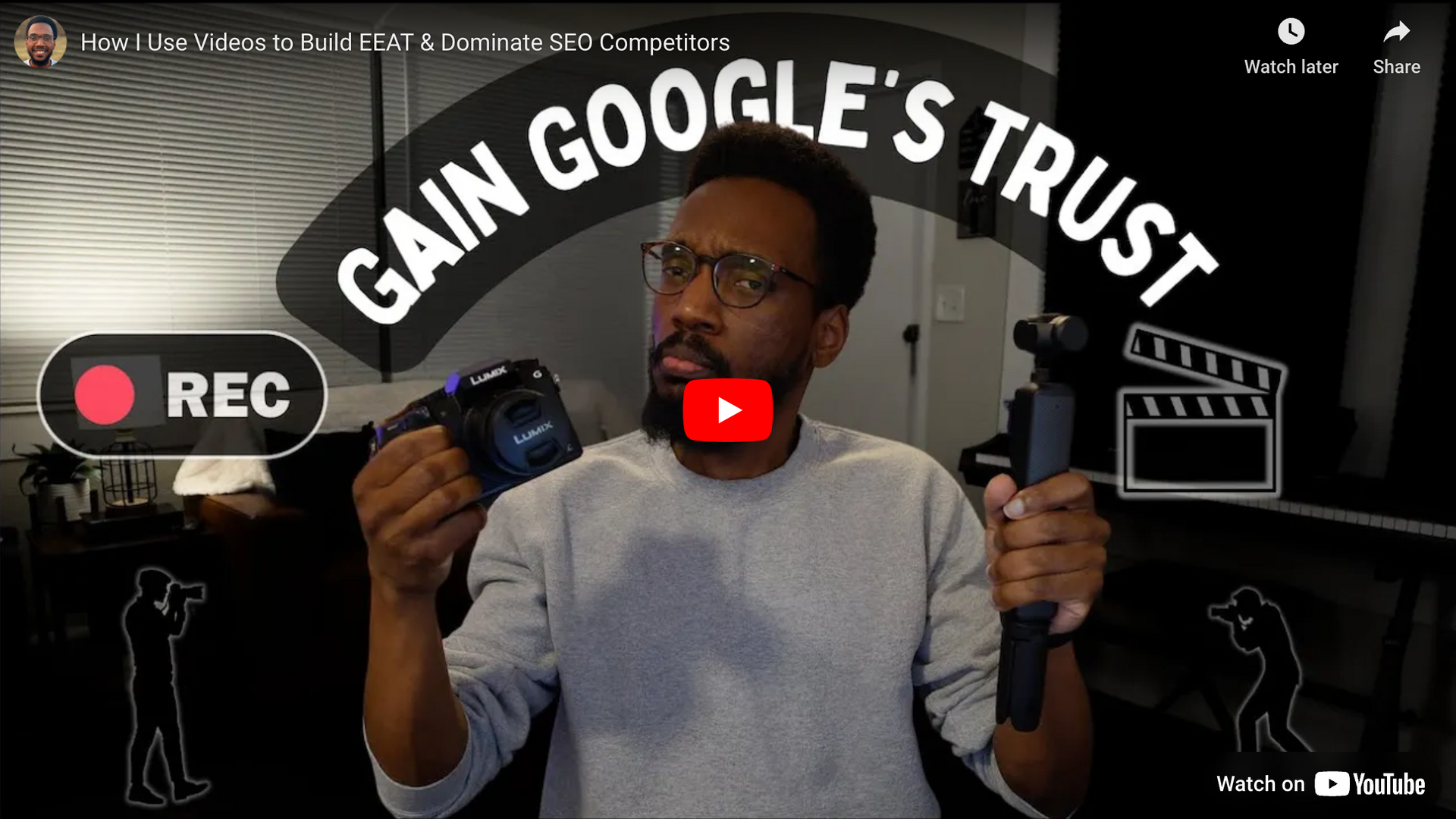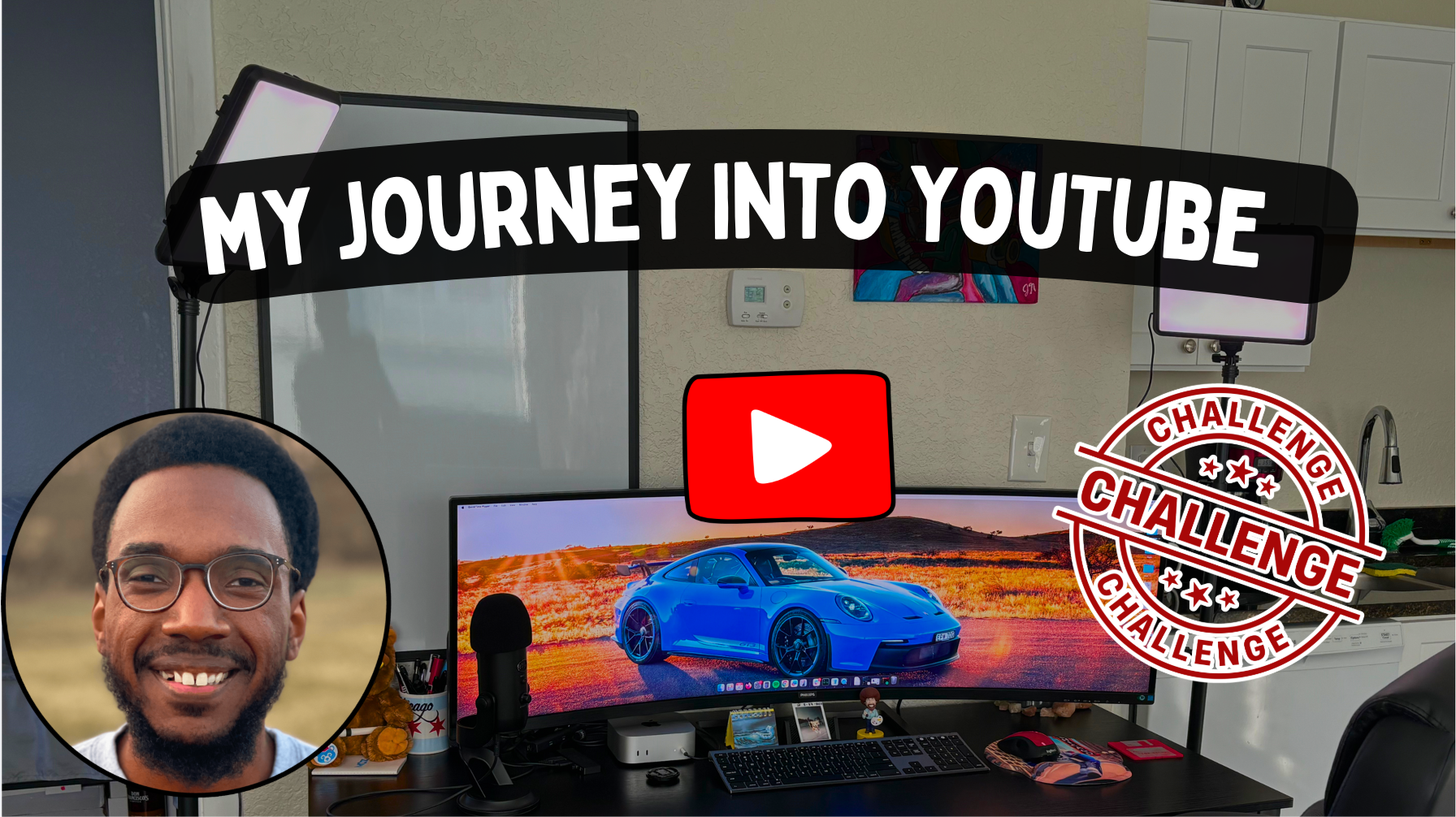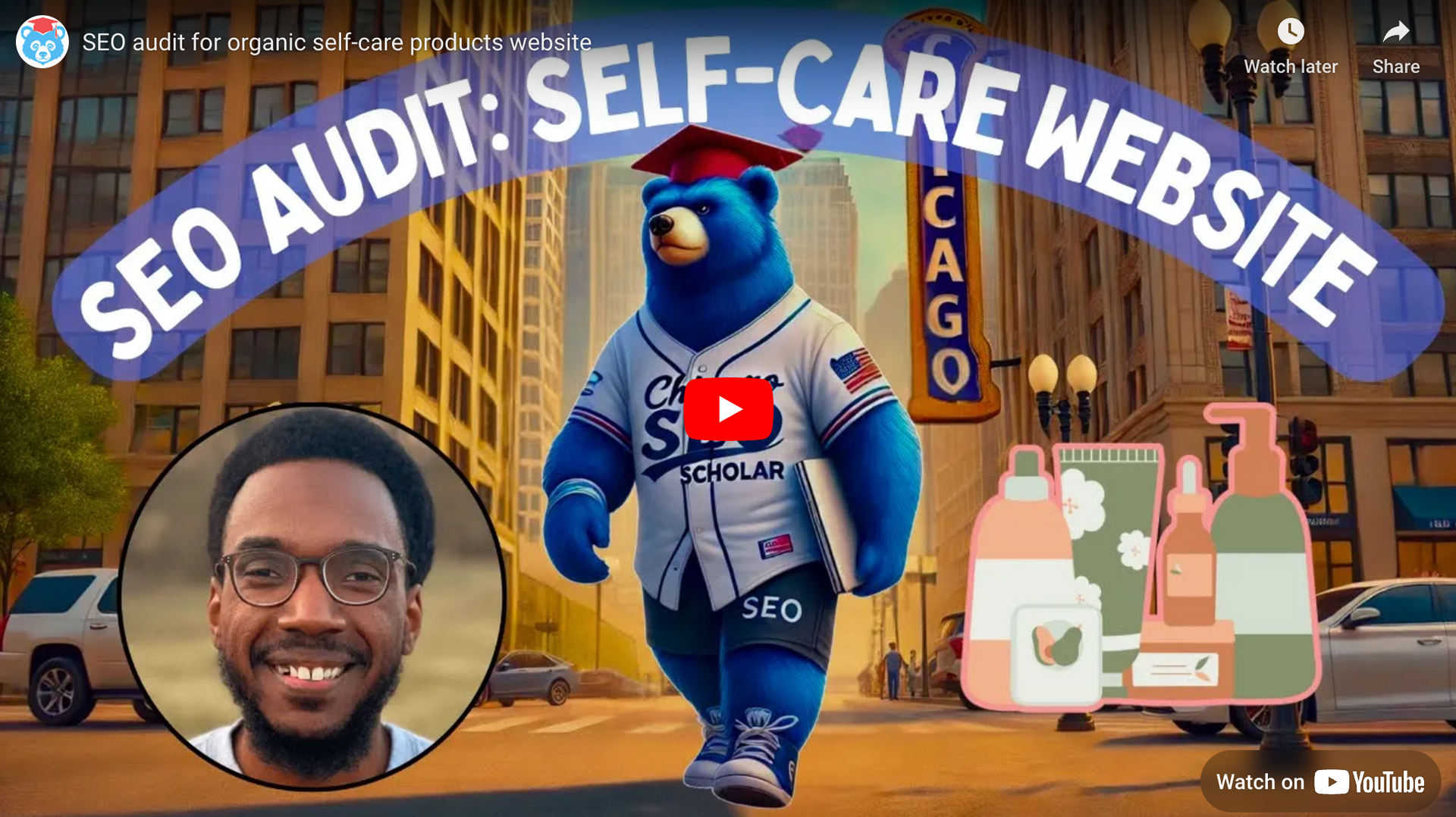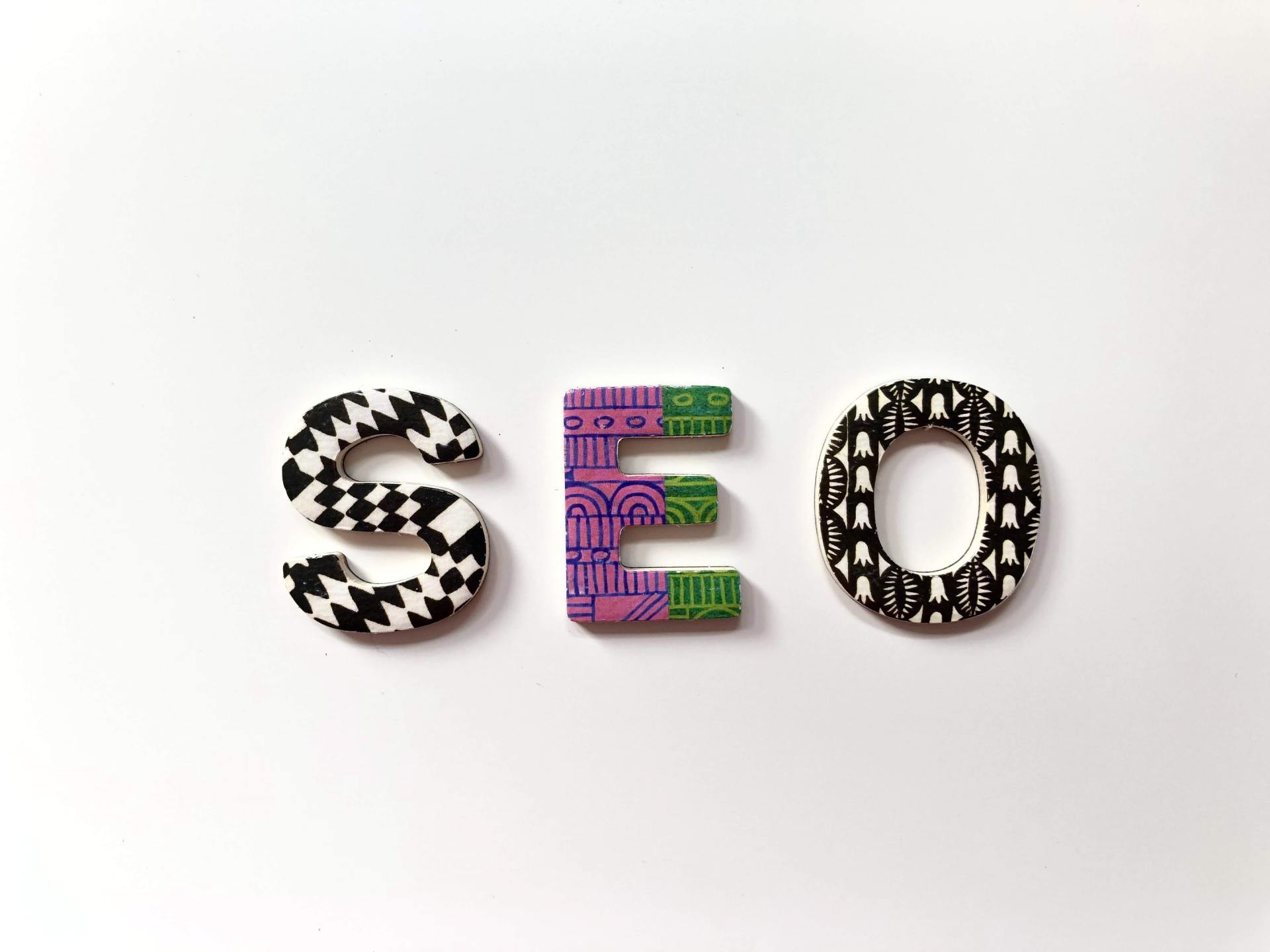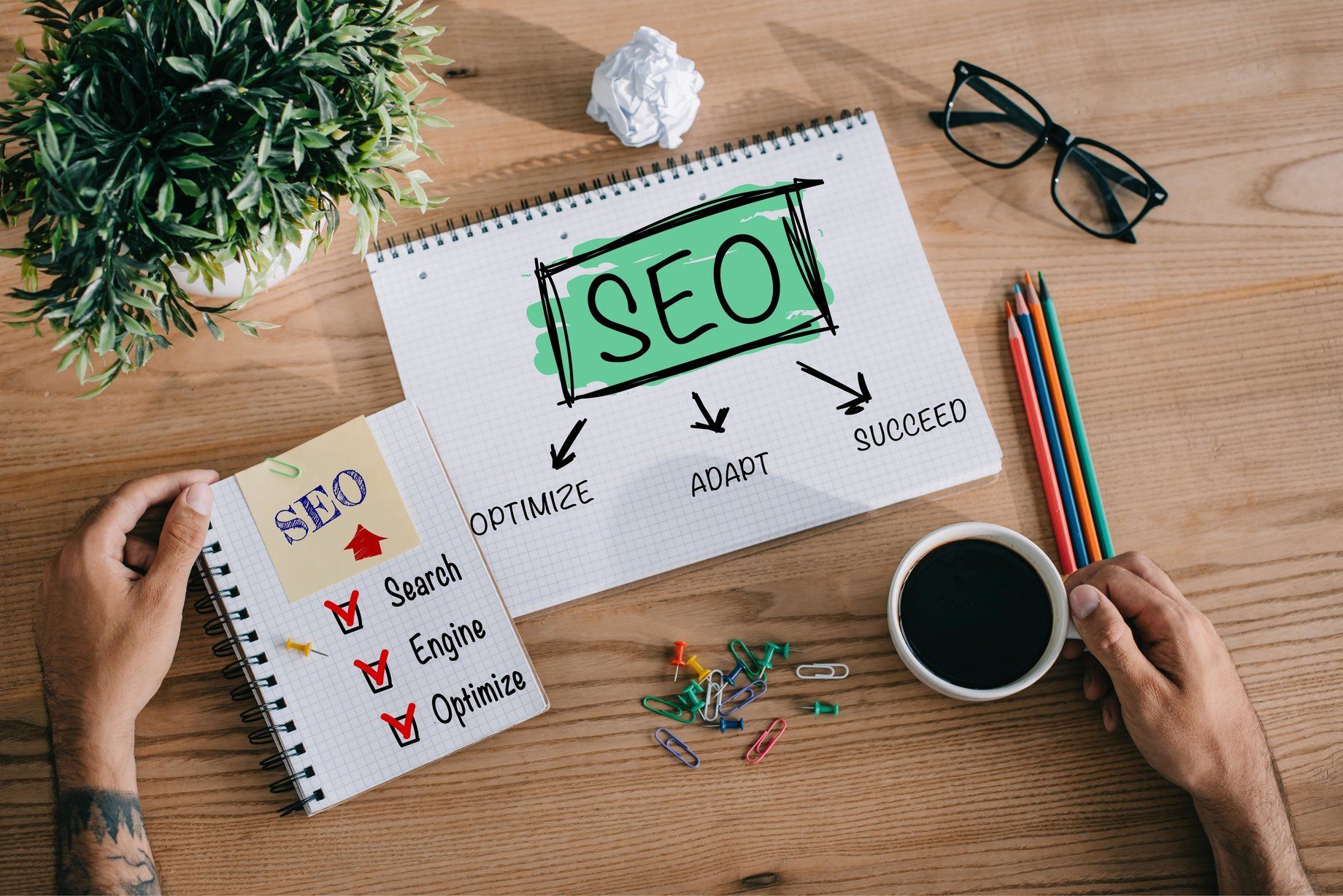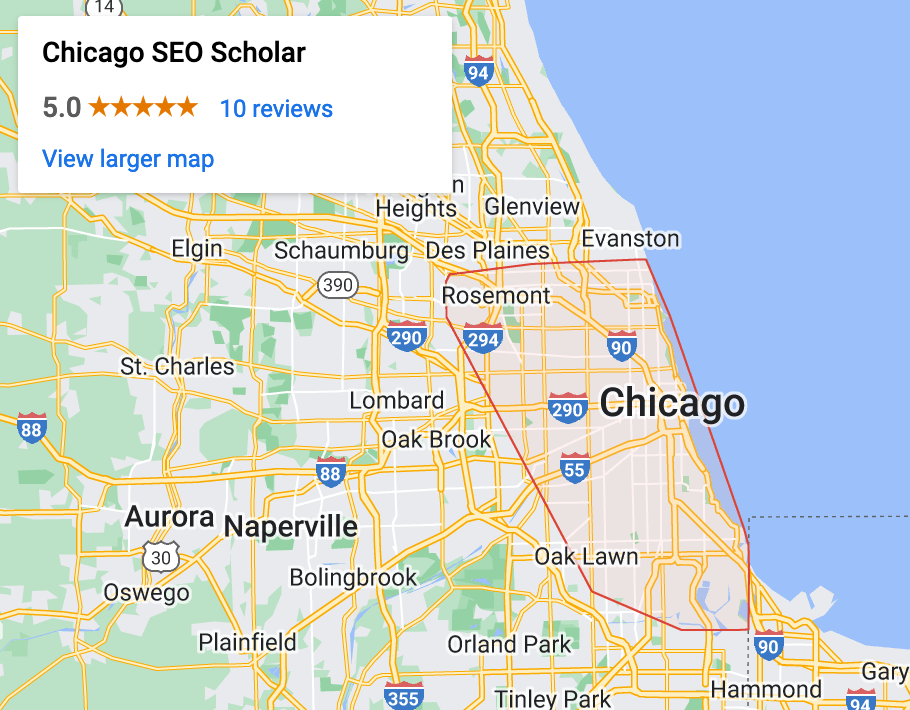Why I Don't Rely on AI Generated Content for Websites [Case Studies Included]
November 25, 2024
Should you exclusively use AI content to generate the content of your website? No. Now let me explain.
Since November 30, 2022, AI has been on the rise. This was the initial
release date of ChatGPT and ever since it has been popping up on news feeds with how advanced it has become. Nowadays, you can use ChatGPT to spit out an article in seconds. As of today, which is November 24, 2024, you can even chat with ChatGPT with its
advanced voice mode.
Due to this advancement in the technology of ChatGPT, many people have been wondering if they can use AI to create some or all of the content on their websites. This whole article is going to be about whether you should use AI or human-written content when creating the content for your website. I already gave you my answer at the beginning, but I do want to explain myself so you can have a better understanding of why I believe you should continue using human-generated content for the content on your website.
Understanding AI-Generated Content
AI-generated content can include multiple things such as blogs, summarization of content, marketing, product, descriptions, etc. It works by having a user input, a phrase, or a topic into an input box and then the AI is able to process this information to create an article or blog.
The technology uses machine learning and natural language processing to produce a piece of content that mimics human writing. AI can also produce images, and help with data analysis. The advantages of AI are truly remarkable because it can help speed things up and cut costs on certain activities, such as data entry, but it can come with a cost if you are relying on it too much.
Google's Stance on AI Content
I want to start this section by saying, that Google's stance on AI content is this: if it is high quality and people-first content, then it's OK in their eyes. If you were to go to the Google Search Central blog, it would say “rewarding high-quality content, however it is produced” on the blog titled Google Search’s guidance about AI-Generated content.
Google wants content that demonstrates E-E-A-T, which stands for expertise, experience, authoritativeness, and trustworthiness. It used to be E-A-T, but this
changed to E-E-A-T on Dec 15, 2022, because they realized experience plays a large role in the helpfulness of content.
For example, if you're looking for information on how to rewire a Chandelier, that's probably a situation in which you would only want to see content produced by an expert. Otherwise, you run the risk of electrocuting yourself.
However, in a different scenario, you might be wondering, what is the best chandelier to buy and want to read reviews. In this instance, maybe Reddit is the best option because people on Reddit might have firsthand experience with the type of chandelier you're trying to buy.
In the end, it comes down to the experience the person has when they are creating the content. They might be an expert electrician so they can give you first-hand experience of how to rewire a chandelier or, in the case of the second scenario, they have first-hand experience of a particular chandelier so they can give you an honest review.
These are things we have to take into consideration when creating content that Google thinks is high quality. Here are Google’s guidelines for
creating reliable, people-first content that I highly recommend you check out.
Google Helpful Content Update (HCU)
On August 25, 2022, Google released a sitewide classifier that targets unhelpful content called the
Helpful Content Update (HCU). Google says the “helpful content update aims to better reward content where visitors feel they've had a satisfying experience, while content that doesn't meet a visitor's expectations won't perform as well.”
An example they gave of unhelpful content was a movie website that had auto-aggregated reviews from other websites without putting in any additional insight themselves.
Here are some other notable things to mention:
- "Sites identified by this system may find the signal applied to them over a period of months" (source)
- "Our systems automatically identify content that seems to have little value, low-added value, or is otherwise not particularly helpful." (source)
- "The system generates a site-wide signal" (source)
Let's go over these real quick. If your site does end up getting hit by the HCU update, it will take a period of months to recover. Now Google isn't clear on how many months it will take to recover. It might take three months. It might take nine months. It's not clear, which means you’ll have this indefinite period of your website not getting traffic. This could cost your business revenue for many months.
I also want to mention that it is a site-wide signal. Even if you have great high-quality content on your website, it can get pulled down the rankings if your website has enough low-quality content. Google is able to detect all of this automatically through its machine learning.
Risks of Mass-Producing AI Content
the risk of mass-producing AI content is that Google is most likely able to pick this up very easily. The fact that Google uses machine learning to detect low-value content, it's very likely they know when content is produced by AI. Now, at the beginning of this article, Google's stance does say that it comes down to the quality of the content and not how it was produced. However, they also gave an example from the HCU update that low-quality content can be content that is added to a website with no additional effort. This is just a hypothesis but based on the research that I've done, I believe that Google is putting an HCU classification on websites that exclusively use AI-generated content.
AI content typically produces content that doesn't have depth, human touch, or originality. There's also the aspect of experience, which we talked about earlier. AI doesn't have the experience that a human would have so it lacks the EEAT that Google is looking for in high-quality people-first content. This is the main reason why I say creating human content is going to be best for your website. It will minimize the risk of your site getting hit by a Google penalty that can last an indefinite amount of time. With all this said, the human content has to be high quality and follow the guidelines Google provided us.
Case Studies and Example
Here are two case studies of websites that used 100 percent AI to create their content. Both of them were ranking very well until the HCU rolled out which demolished their rankings.
The first screenshot is for Chipper Birds and the second is for Bonsimary.
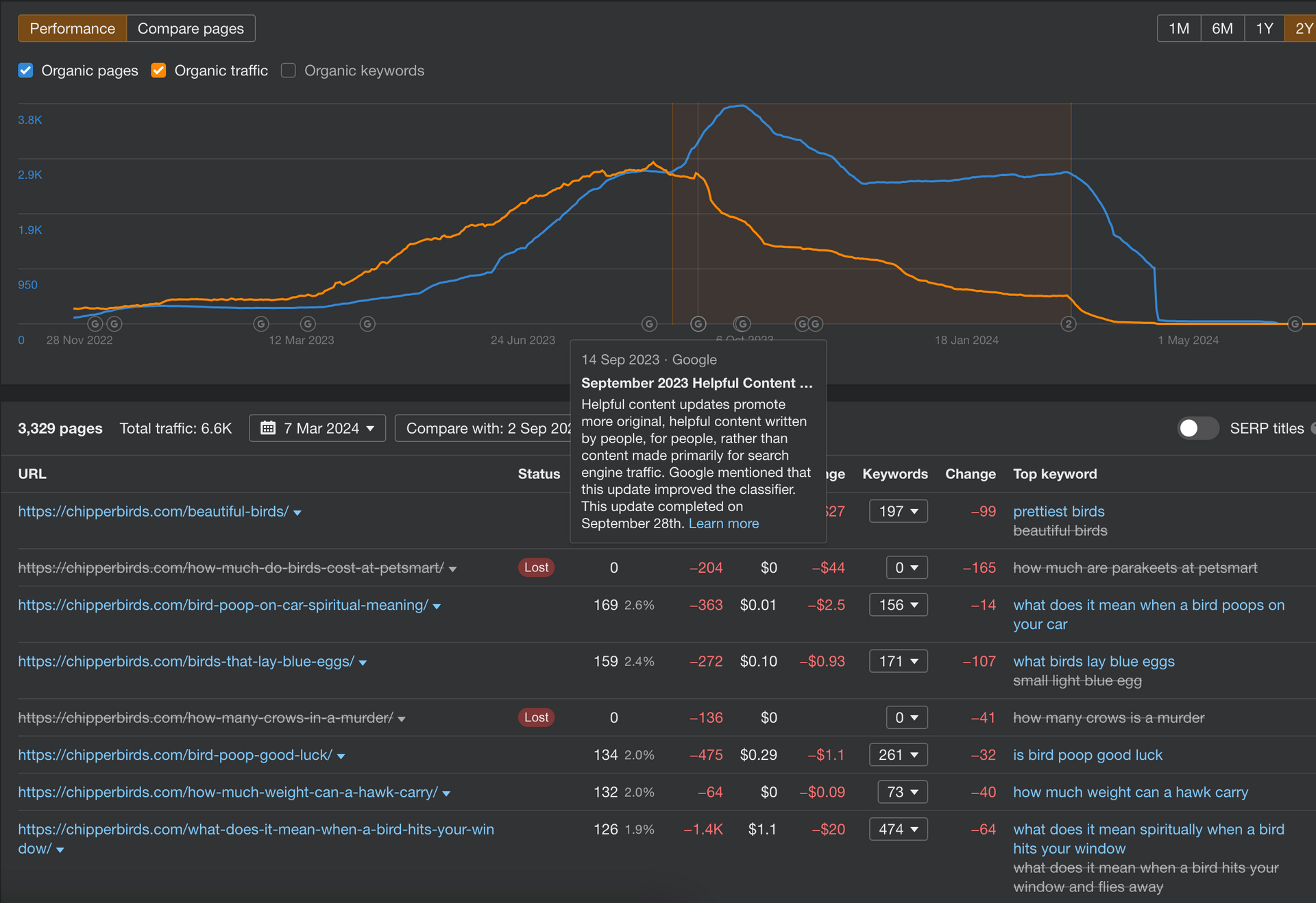
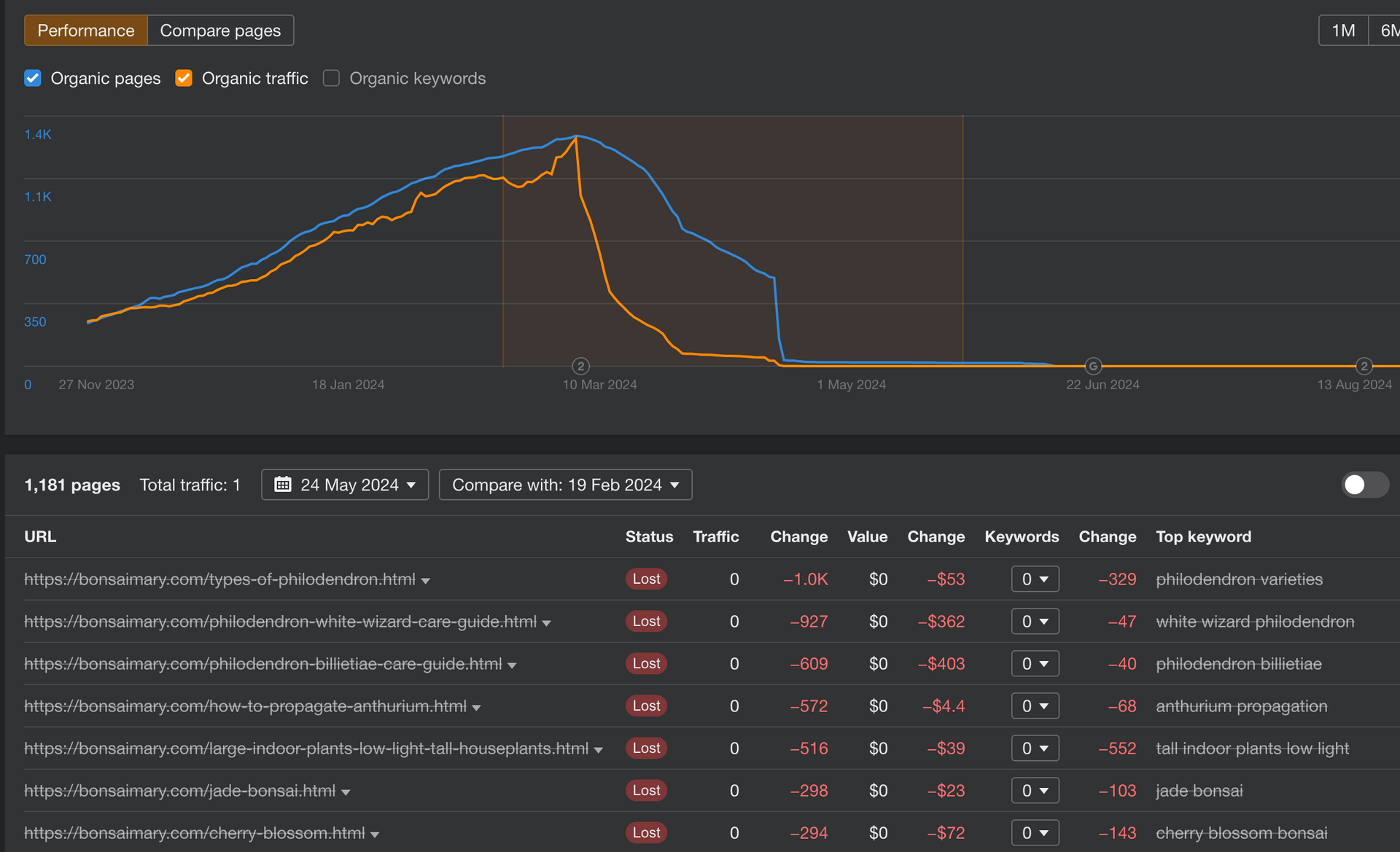
You can see that both of these websites flat-lined as soon as the HCU update rolled out. This is why it is important to make sure the content you create is valuable and not solely reliant on what AI produces. If you were to take a look at the sites which I can provide the links below, you will see that the content does indeed look helpful. I think what’s happening is Google can detect if it's AI content, and if there isn't any human involvement with it, it's low value and low effort.
Alternative Uses of AI in Content Strategy
Now, I wouldn't throw away using AI to help in creating an article entirely. I still think that it is useful in certain cases. One of the scenarios that I believe AI content would be helpful with is content summarization. An example of this is creating a long-form article and then having AI summarize it. You can place the summary at the top of the article which makes it easy for a visitor to get a quick synopsis of what the content is going to be about. I think this will still be helpful in Google's eyes because 97% of the content is human-written.
Another scenario is using AI to help generate an outline to create your content. You can tell AI what you want the article to be about, and what your stance is, and it'll be able to output an outline for that article.
Conclusion
While AI has come a long way. It still isn't the best option for creating content in and of itself. There still is a lack of experience, depth, and originality that you would get from a human writer who has experience in the topic at hand. Due to this, it is best to create human-written content for your website since it’s what Google prefers. There are many more case studies than the two above which would support this stance. I can leave a few more below so you can check them out on your own time.
Helpful Sources about the HCU:
Article By:
Founder and Owner of Chicago SEO Scholar. Kenny has over 10 years of experience in keyword research, conversion rate optimization, and ranking service based & enterprise businesses for their top keywords on Google.
He has worked at some of the top well known SEO agencies in the industry such as Alpha Dog Agency, The HOTH, and Linkbuilder.io. When he is not working, he is cooking at home or taking part of a cooking class to learn a new Italian dish.
